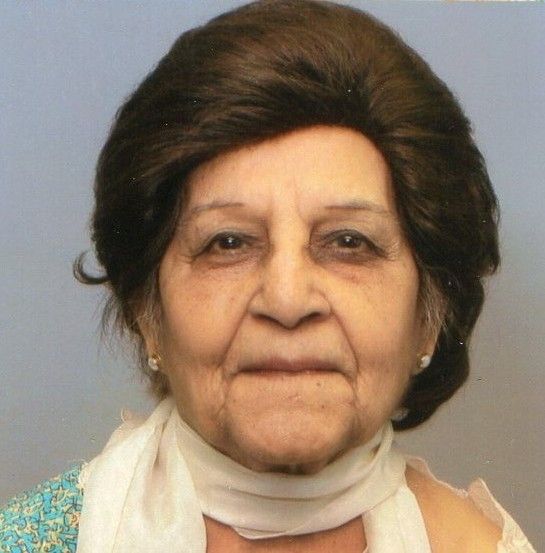
Chandra Sayal is a retired doctor, now living in Derby, England. She worked for over 30 years in the NHS in UK. She was a specialist in Community Medicine and Public Health.
Lahore, a place of fun, grace, culture and education had suddenly changed in 1947. The place where we roamed happily and fearlessly at all hours was suddenly different. Each day, it had become like a ghost town. We dared not go out alone. We dared not stay out till dark. We dared not go to unfamiliar and faraway places. The picnics, the late night cinemas, biking and roaming around in the parks were now full of danger.
So I started going to college not via Muzang Road, but via Temple Road and Mall, which was a longer route, but safer. Vachhowali Clinic in the walled city was out of bounds because that part of the city was full of danger. We took extra precautions and looked over our shoulders all the time so much.
By summer, we did not dare to enter our college across the road from the hospital, where we were now staying for our clinical training. For safety reasons, the female students were given lodgings in the only children's hospital in the country, yet to be opened. We were now prisoners confined within the hospital premises. At night, we huddled together and locked our rooms. When we went to the washrooms, we went in pairs guarding each other, in case an undesirable person was lurking around and made entry from the stairs below. Any unfamiliar sound scared us. We were like frightened little children.